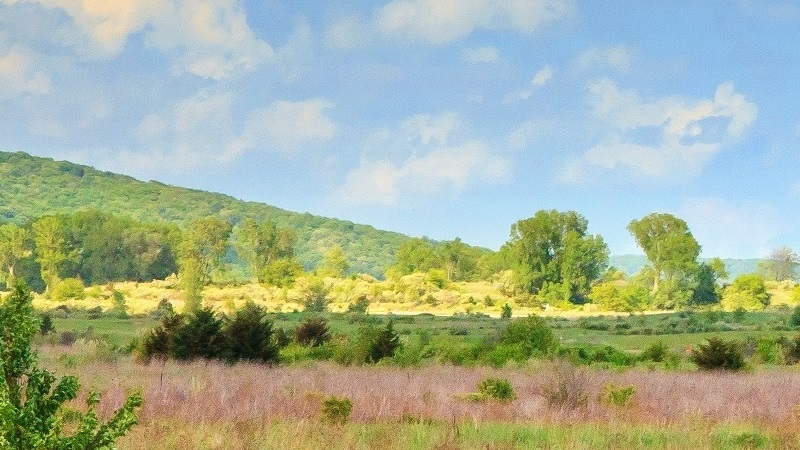
The Army has proposed enhanced bioremediation of the toxic explosive DNT in groundwater flowing from the former Badger Army Ammunition Plant. The proposal would utilize Emulsified Vegetable Oil (EVO) injected into the subsurface to stimulate bioremediation as a means to degrade DNT present in groundwater.
At the recent meeting of the Badger Restoration Advisory Board (RAB) on October 19, Citizens for Safe Water Around Badger (CSWAB) asked the Army to provide the RAB with a detailed list of all possible degradation products that could be released to the environment, including health-based thresholds for each and the concentrations currently present in groundwater.
However, Army representatives responded that they are no longer required to test for DNT degradation products in groundwater and drinking water supplies at and near the former munitions plant. According to records from the Wisconsin DNR and the U.S. Department of Health and Human Services, there are at least 24 potential DNT degradation products.
CSWAB also questioned the effectiveness of bioremediation to degrade all six forms of DNT present in soils and groundwater at Badger. For example, according to studies by the Air Force Research Laboratory, “2,3- DNT does not decrease at the same rate as 2,4- and 2,6-DNT.” The latter two DNT isomers are the focus of the Army’s current remedy proposal.
However, at the northeast corner of Badger in the Town of Merrimac, the other 4 isomers of DNT are predominant. In fact, the Air Force study states that “2,3-DNT has not been demonstrated to be biodegradable and can thus be considered a conservative tracer that reflects the effects of abiotic processes.”
The issue has been a long-standing concern of the Badger RAB which has passed resolutions as early as 2008.
In addition to the RAB’s concerns, the Army is currently challenging the Wisconsin DNR’s October 19 written recommendations to (1) achieve the most protective cancer risk threshold at Badger and in the surrounding community, (2) to comply with Wisconsin environmental laws and regulations, and (3) the installation of additional groundwater monitoring wells to define the degree and extent of contamination.
To voice your support for the DNR’s recommendations, community members are encouraged to contact their state representatives.
